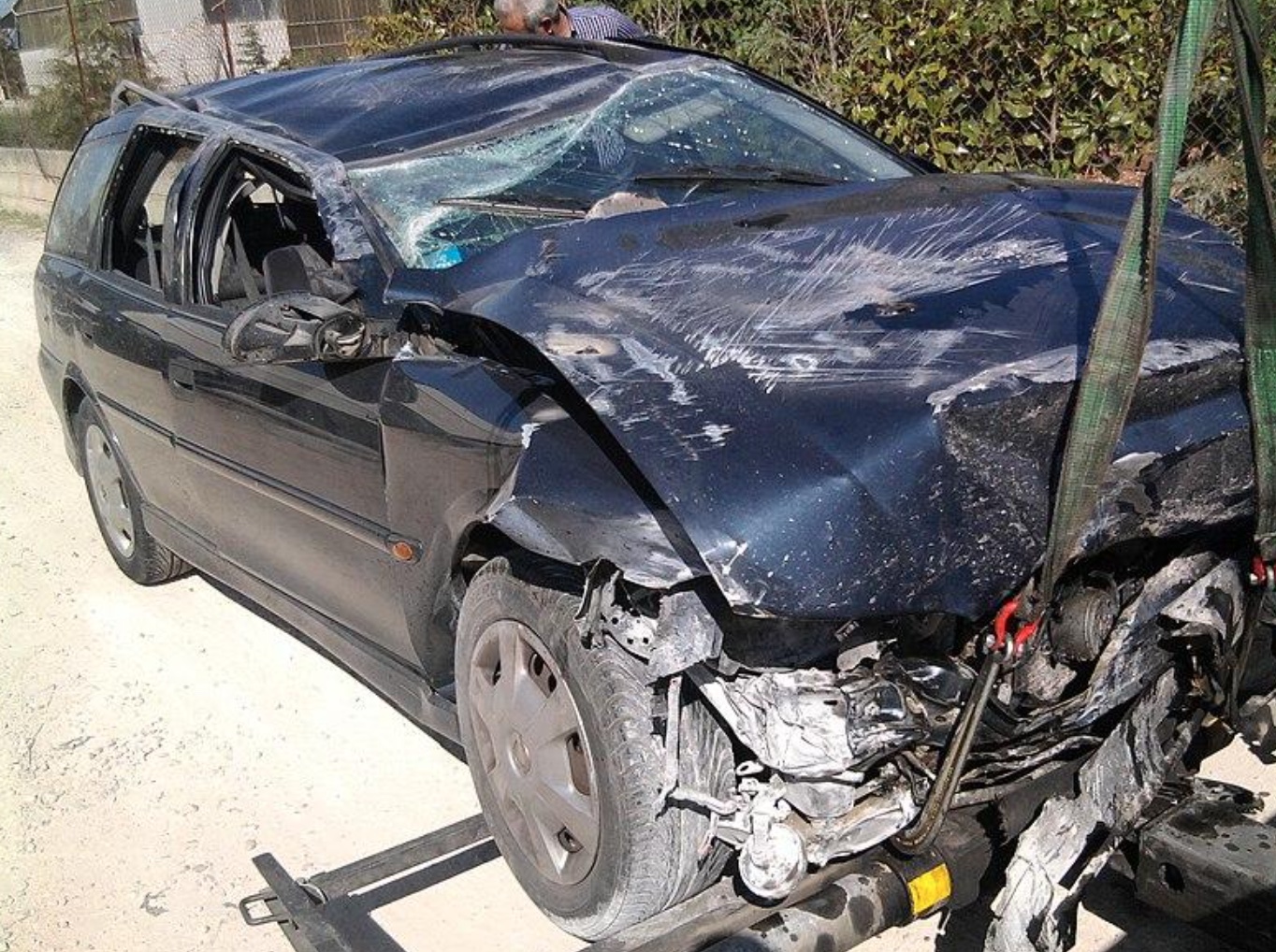Be patient and follow what your lawyer advises you to do.
Having been involved in an accident, you have to consider many things. While you are suffering, you must continue to pay for your medical bills, endure your suffering, and seek compensation for your damages. Find out how long you have to file a lawsuit in Canada after an accident by reading below. It will give you an in-depth idea.
Generally speaking, when you’re ill, in pain, or confined to bed, you aren’t expected to file a lawsuit against the fault party. Therefore, they issued a period of time for you to recover and then sued the person for damages. If you are ill for a long time, then your relatives need to bring a lawsuit against the guilty party.
According to your mental and medical condition, the amount of time you have to sue may be extended. That will ultimately be decided by a jury. An attorney can represent you in court.
How long do you have to file a lawsuit?
When you have been in the incident, you’ll have approximately two year to file a lawsuit against the responsible person seeking compensation. It also depends on the circumstances. The lawyer must investigate the issue thoroughly, which means they will require time. The longer you wait the longer it takes to resolve the issue in accordance with your wishes. So, you better hurry.
Canadian Accident Claim Time Limit
Different cases will require different amounts of time. There is a great deal of variation according to the severity, type, and gender of the injury. Here are some examples of lawsuits and the deadlines for filing them.
1.Motor Vehicle and Other Accidents
You can file a claim for compensation if you are injured after a car accident or slipped and fell on someone’s lawn because they failed to clean up the area after an accident. You have two years from the date of the accident to file a claim. This can be amended in medical emergencies.
2. Medical Malpractice
A case of medical malpractice and receiving compensation is among the most difficult of tasks. Because medical terminology is difficult to grasp, and ordinary people cannot achieve anything without difficulty. Following the malpractice, you might not understand the error. However, you only have a short time to bring a suit.
This is why the Canadian government stated that once you’ve discovered that something is wrong with you due to any medical error that you have had before, the legal process will start then. Then, you’ll have two years to file a lawsuit. In various states, this limit is also limited. The maximum age of 30 years is assessed in these instances.
1.1 Sexual Abuse Cases
There was a limit on how long victims of sexual abuse could sue their abuser, ranging from 2 to 10 years. As of today, the government announces that victims of abuse have the option to sue abusers at any time in their lives.
1.2 As a Child or as an Elderly Person
As a child, you are able to sue a wrongdoer. This right lasts two years. If the child has no guardian and cannot handle the matter, take their age into consideration.
You can also benefit from that unlimited period if you are old and helpless. There is no guarantee that the jury board will take your case into account, as it depends solely on the presentation of your case.
1.3 Winter Snow and Ice Injuries
When the winter season starts, you can sue a municipality for gross street or sidewalk management issues within 21 days.
1.4 Hit and Run
Imagine that a driver who is not your friend inflicts harm on you and causes damages to your vehicle. If this happens, you must make a payment request to the Motor Vehicle Accident Claims Fund (MVACF) with the appropriate evidence of your injuries and the amount within 90 days following the incident.
The severity of the incident determines the period for filing a claim. Other options are available. In these cases, getting the confidence of the jurors is vital.
Who can Sue for the Most in a Car Accident?
Injuries and level of damage control in the vehicle influence the amount of compensation. In most cases, lawyers multiplied the medical and repair costs by a factor of two or three before settling the compensation. The amount of compensation will vary according to the severity of the injury. The length of time after an accident after which you can sue in Canada should be combined with the amount of money you will have to spend on the outcome.
Timelines for Motor Vehicle Accident Claims
First, if you are involved in a motor vehicle accident, you need to inform your accident benefits insurer within 7 days. You will be required to submit an application for accident benefits claims within 30 days of the accident. Depending on the circumstances of your accident, you may be able to sue or arbitrate against your insurer two years after the date of the accident.

It is also necessary to send the at-fault driver a written notice of the accident within 120 days of the date of the accident. Your application must be submitted within two years from the date of the accident if you plan on sueing the at-fault driver. If you are suing for the damages or loss to vehicles, you will have one year from the date of the incident to file a claim. Examine your insurance contract for further details regarding the timeframe for filing a lawsuit. In the event of a fatal accident relatives or the person who represents the dead have to bring a wrongful death lawsuit within two years of the incident, unless there is a shorter time limit. Limitation times for personal injury lawsuits against the city filing a personal injury lawsuit with the City, you must adhere to the 10 day notice in writing of a claim, which is governed under the Municipal Act, 2001 and the Stronger City of Toronto for the Stronger Ontario Act of 2006. There are exceptions that could be granted by the court, however they are not defined in the statutes. For instance, if a victim was unable to give notice because of the severity of their mental and physical injury, the judge could allow an exception.
Limitations period for slip and fall accidents
Accidents involving slip and falls that occur on private (non-government) property enjoy the same limitation time for two years. If the victim was injured in a slip-and fall accident that occurred on municipal land (e.g. the city’s sidewalk) the person is legally required, as per the provisions of s. 44(10) in the Municipal Act, 2001, to notify the municipality in writing of any potential claim within the ten (10) days after the accident should they want to keep the possibility of submitting a claim within the two year timeframe. If they fail to provide this notice the future claim could be barred by statute. On the 8th of December the 8th of December, the year 2020 Bill number 118, also known as the Occupiers Liability Amendment Act of 2020, was given royal assent. The Act modifies the Occupiers Liability Act and imposes new rules for people injured in slip-and fall accidents caused by ice or snow. The new amendments make it mandatory for anyone who is injured in a fall or slip due to snow or ice to give an informed written notification of their claim through personal service or via postmarked mail addressed to the owner or an independent contractor no later than 60 days from the time of the incident. The amendment permits a few exceptions. The 60-day notice period is not applicable if the slip-and fall accident resulted in deaths for the victim. Additionally the court may decide that there was plausible reason for the failure to provide notice within the sixty-day period, and that the defendant did not suffer prejudice in its defense, then failing to notify within sixty days will not impede the injured party from pursuing a claim. The notice must include the date and the time the incident took place as in addition to the location. It is crucial that an attorney assist in identifying the person at fault and their contractors to ensure that they are notified within the time limit and that the claim is not barred.
Do you Need a Lawyer?
There are many reasons to employ a lawyer to help you resolve your situation. It is advisable to seek out advice from a lawyer for any legal issue because they have more knowledge on these matters. We’ve highlighted three main reasons you contact your lawyer anytime you require legal assistance in the next section.
First, lawyers are not only going to look into your cases. The experienced personal injury lawyers have established relationships with the medical teams. They will hold the funds until you receive your settlement. In addition, they will reduce the highest but actual costs for you. They will also keep each piece of evidence, and if necessary, they will testify about your case and your circumstances before a judge.
Second: The earlier you get in touch with the lawyer, the better your outcome. If you put off calling the lawyer, your evidence could become damaged or altered. Therefore, you might not receive the right treatment or the right amount of money. So, get it done and get in touch with a lawyer.
Third: Talking to a lawyer as soon as you can following an injury is the best way to ensure your safety. This will give you an idea of how strong your case is and the legal limitations of your case. Consultations are typically free and will provide you with invaluable knowledge, especially if you decide never to file an appeal. If money is an issue, they’ll give you an alternative of paying once the case is settled. Following the award, they’ll demand 30% of the funds in the settlement. It’s better to let loose a bit instead of being confused for the lack of knowledge.
Final Thoughts
Everyone asks how long they can sue following an accident and its specifics. Here is this simplified form of the time limit and other information. It is a long and difficult study to find the truth for the lawyer.
Be patient and follow what your lawyer advises you to do. The time limits are subject to change according to the judge’s opinion and orders and the gravity of the situation. Therefore, don’t fret about practicing your right, even if you are a little late. The issue will be examined.
Limitation periods should never be ignored. Even when you have a strong case, your claim is likely to be denied once the limitation period expires. The court has no discretion to extend the limitation period even though the injured party had unusual circumstances that prevented them from filing a claim. It’s therefore crucial that you talk to a lawyer as soon as possible regarding any potential claim.
Resources:
https://lso.ca/public-resources/your-law-ontario-law-simplified/personal-injury
https://ristichlaw.ca/common-delayed-injuries-to-be-aware-of-after-a-car-accident/
https://scholar.smu.edu/cgi/viewcontent.cgi?article=1692&context=jalc


Join the conversation!